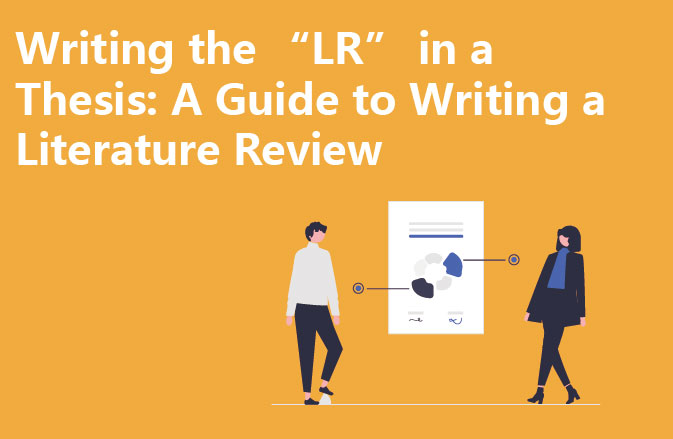1. Introduction
Literature review plays an important role in the thesis, as it not only helps you to demonstrate an in-depth understanding of your chosen field, but also provides a basis for subsequent research. Therefore, it is vital to have the right approach to writing a literature review.
2. Structure of a literature review
A literature review usually consists of the following main parts: introduction, body and conclusion.
2.1 Introduction
The introduction should clarify the core theme and purpose of the literature review, while briefly summarizing the background of the study. The timeliness of the topic or research gaps in the literature may also be emphasized.
2.2 Main Body
The main body section should detail and analyze the key messages of each reference and integrate them into a complete discourse. In doing so, critical thinking needs to be applied to evaluate the strengths and weaknesses of the relevant literature and to conduct a comparative analysis.
2.3 Conclusion
The conclusion section should re-emphasize how the study fills a research gap and contributes to new knowledge. Also, elaborate on how you have used existing theories or methods to frame the research and provide constructive suggestions for future research.
3 Tips for writing a literature review
3.1 Highlight research gaps
In a literature review, research gaps should be highlighted to draw the reader’s attention.
3.2 Reviewing Historical Literature
Reviewing past literature helps to better understand the development of the current study.
3.3 Emphasize Research Limitations
In the literature review, the limitations of published studies should be clearly stated in order to provide room for improvement in future research.
3.4 Orientation to subsequent research
At the end of the literature review, potential directions for future research should be suggested to stimulate the reader’s interest.
4 Conclusion
With the above introduction, I believe you have learned how to organize and write a literature review effectively. Hopefully, these tips and suggestions will help you excel in your thesis.
References:
[1] Smith, J., & Jones, K. (2019). The impact of technology on education: a literature review. journal of educational technology, 5(2), 86-101.




